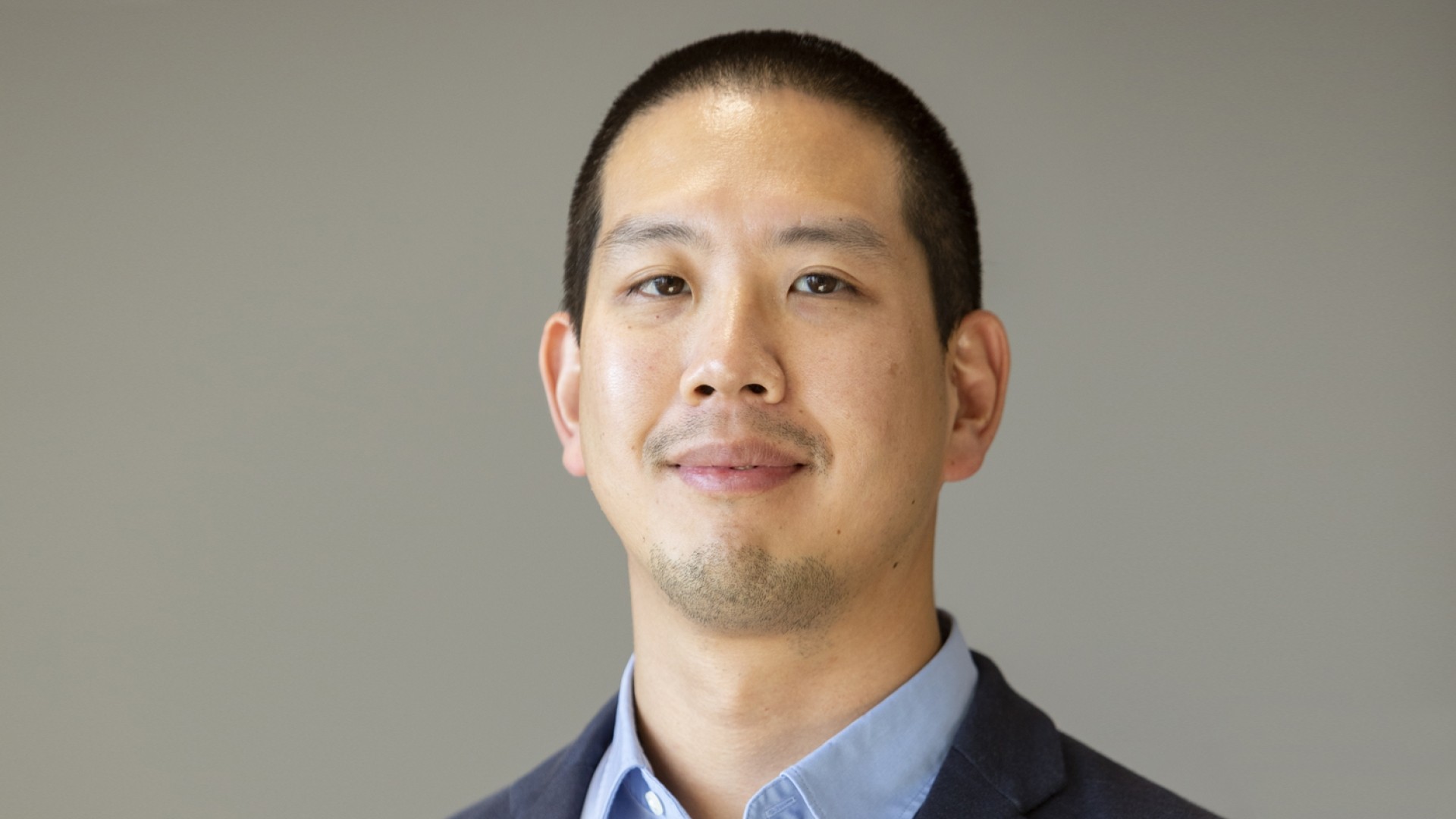
Contributing to our Health -- A Series About StFX Research Making A Difference In Our Communities
StFX is a leader in health innovation and entrepreneurship in Nova Scotia. In this ongoing series, we proudly shine a spotlight on our health research leaders, research and community health partnerships and their impact. For more on the Contributing to our Health series, click the link below.
Contributing to our Health series
Below is a profile of Dr. Derrick Lee, and his research: why Atlantic Canada is disproportionately affected by colorectal cancer. Dr. Lee is an associate professor in the StFX Department of Mathematics & Statistics. He has taught at StFX since 2017.
Could you tell me a bit about your research program?
My primary research focuses on identifying environmental and genetic risk factors for cancer and in the interactions between genetic susceptibilities and environmental exposures, particularly in breast cancer and colorectal cancer. A current Canadian Institutes of Health Research (CIHR) funded project is exploring why Atlantic Canada is disproportionately affected by colorectal cancer, as the rates in this region are the higher than any other region in Canada. I am also interested in bioinformatics and statistical learning, particularly in relations to statistical genetics.
What drew you to health research?
I was always interested in medicine and health, but knew medical school wasn’t really what I wanted to do. On the other hand, biostatistics and epidemiology was a natural fit for me, as it combined many of my interests and skills. My current research program really motivates me because, being a Newfoundlander, colorectal cancer really hits close to home, as the rate of CRC is close to double the national average. There’s also the puzzle aspect of it all – in my current dataset, we have data on over 800,000 genetic markers for about 2,400 participants, and so you can imagine that trying to piece together the potential links, the interplay between some combination of these genetic markers and how they can impact CRC risk is really interesting and perplexing at the same time.
What impact do you hope it will have?
To potential identify a set of genetic markers that could be used as biomarkers in novel, early screening programs. CRC has one of the highest mortality rates, but early screening programs can help catch the disease in the early stages, maximizing the chances a person can get treatment when the disease is much more treatable.
Could you speak about any results so far?
At this point, the research is still in progress, as everything has slowed down due to the pandemic, so until we have all the data, I can’t really comment. With that said, we are seeing some interesting and potentially exciting signs in the early stages.
Could you tell me a bit about yourself and any awards/accomplishments?
I received an Operating Grant from CIHR and the New Investigator Award from the Beatrice Hunter Cancer Research Institute
How did you become a researcher?
It’s hard to say, but I had an opportunity to work with some amazing researchers at MUN early on during my undergrad doing computer simulations relating to lung function and then I had a really amazing PhD supervisor that brough me into BC Cancer, and things just went from there.
What excites you or what do you enjoy about being a researcher at StFX?
One thing that stands out about X is the opportunity to get to know your professors and work with them closely. Although some of the things I do may seem a bit complex, the goal of my research lab is to help build on my trainee’s experience to give them the confidence and skills to go on to the next step – whatever that may be. And so the opportunity to work with undergrads and inspire the next generation of researchers really excites me.
What’s something surprising about yourself that people wouldn’t know?
I completed Ironman Canada and I chose to go to UBC for graduate school not because of a particular program but because I was an hour away from Squamish, one of the best places to go rock climbing in Canada.

